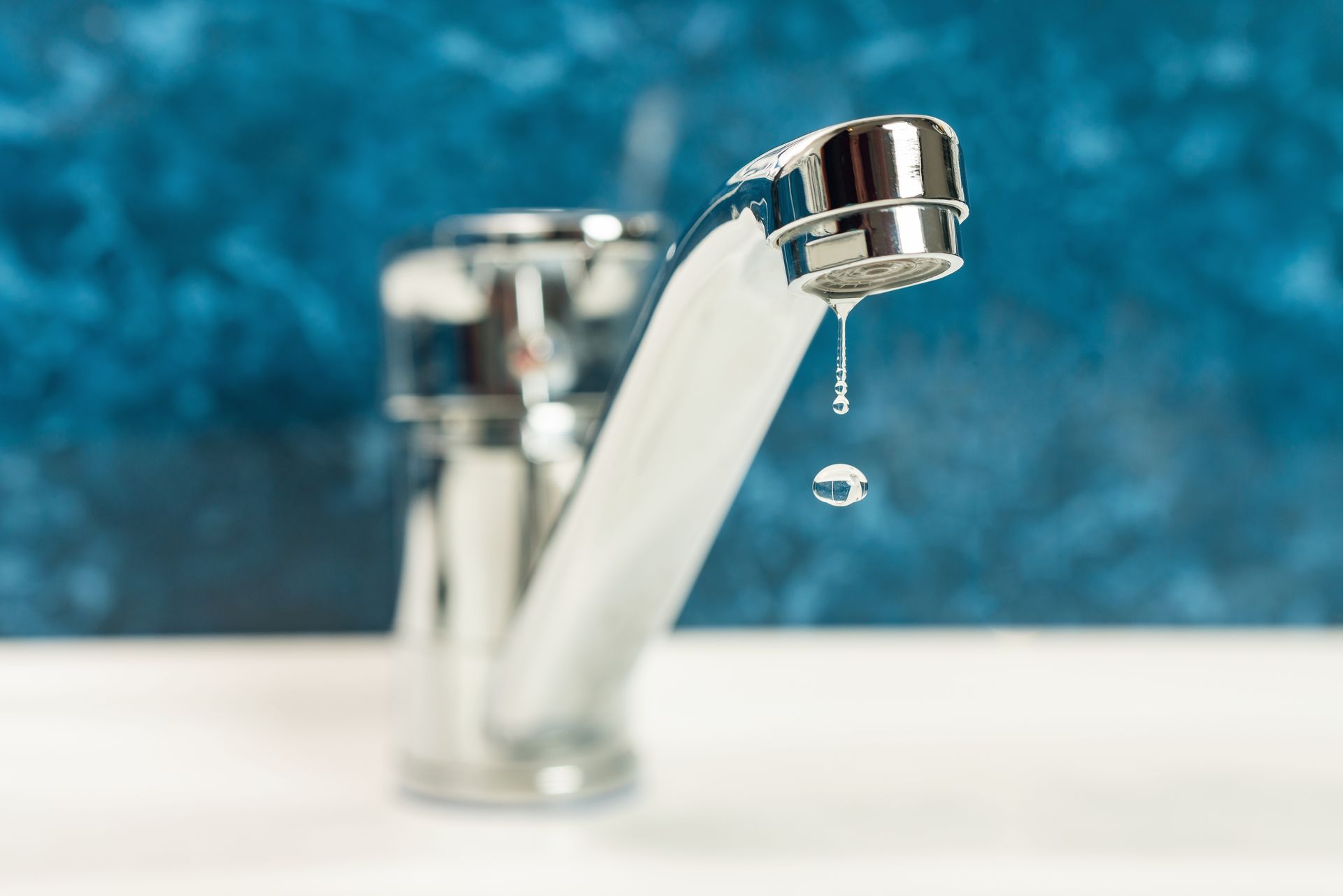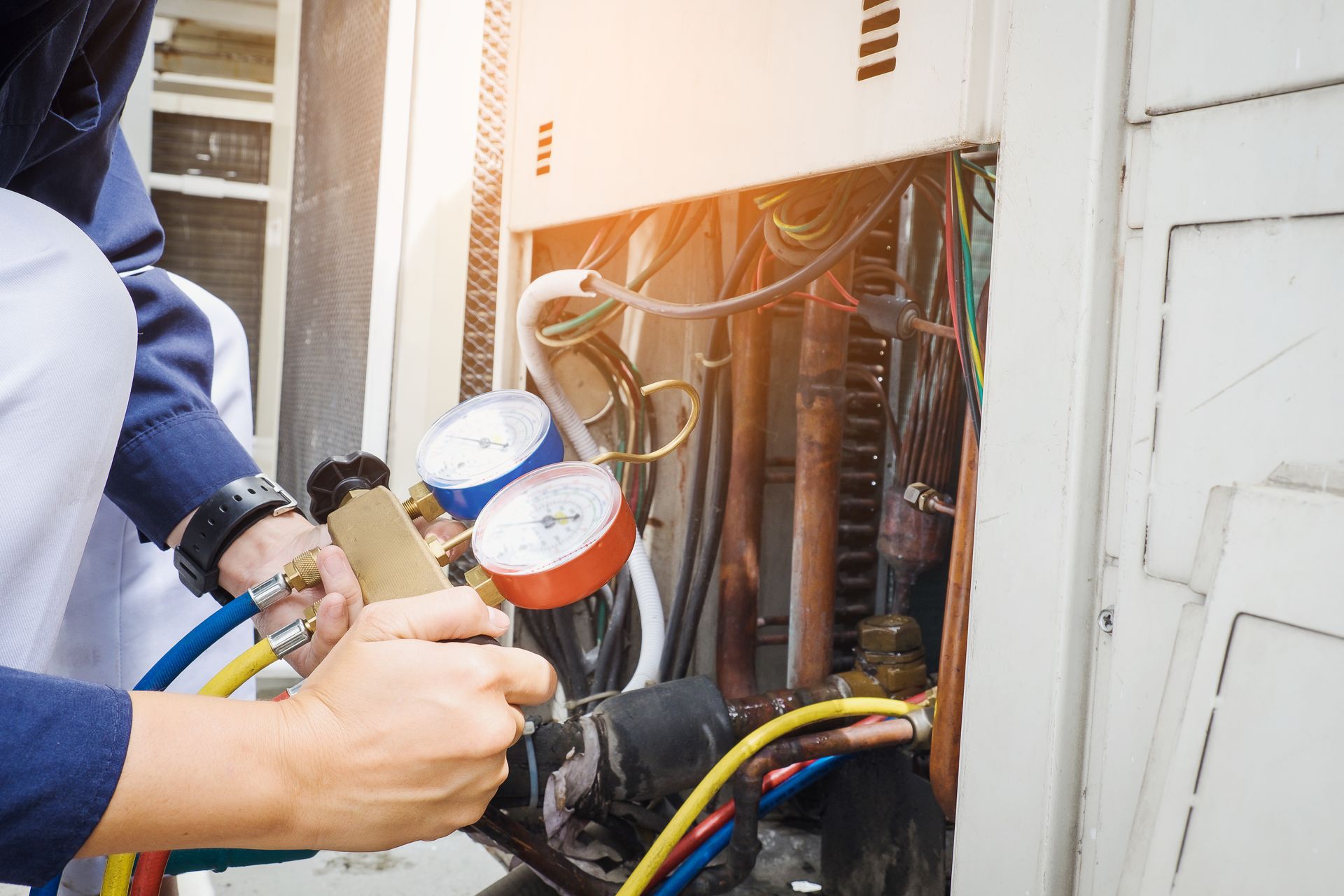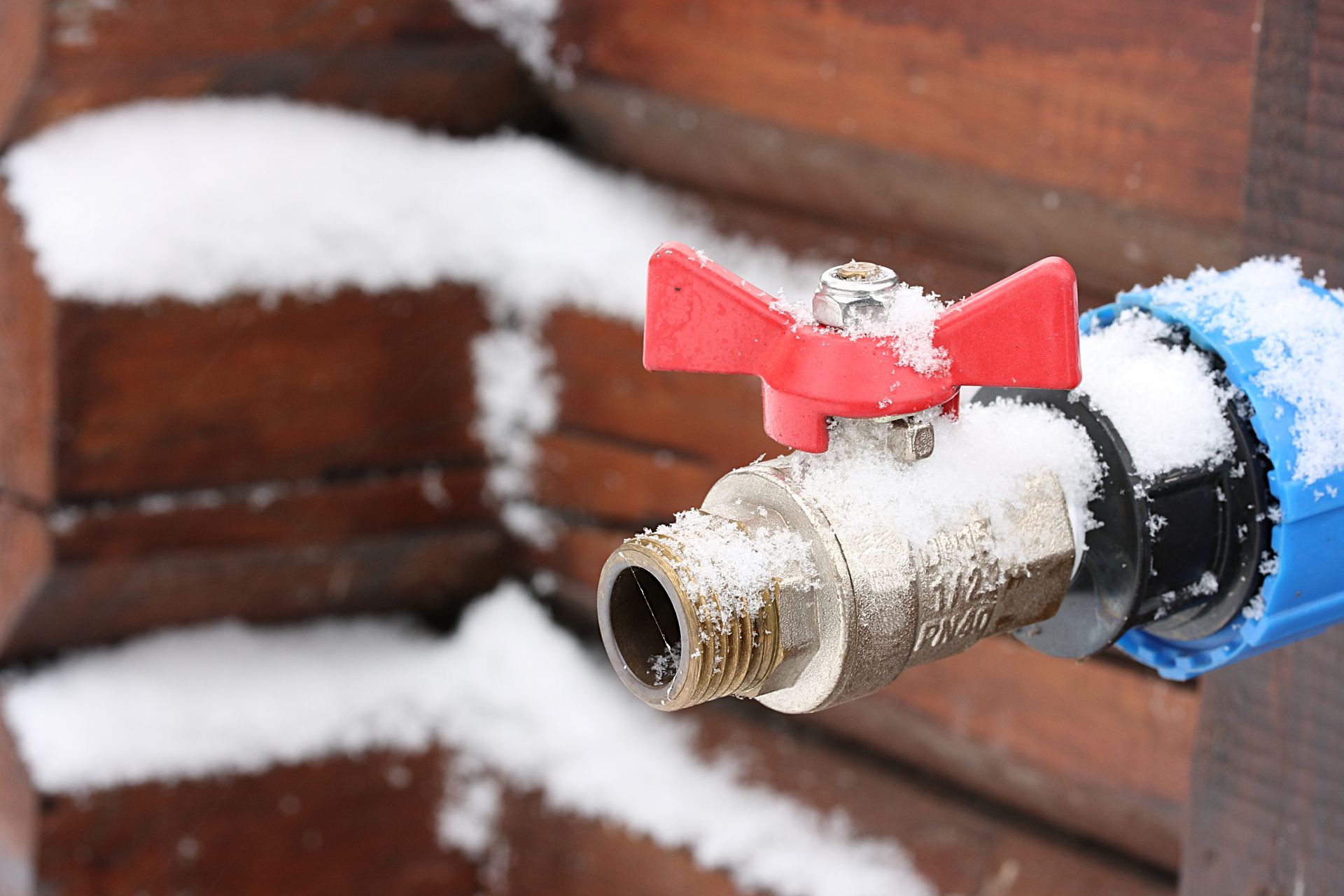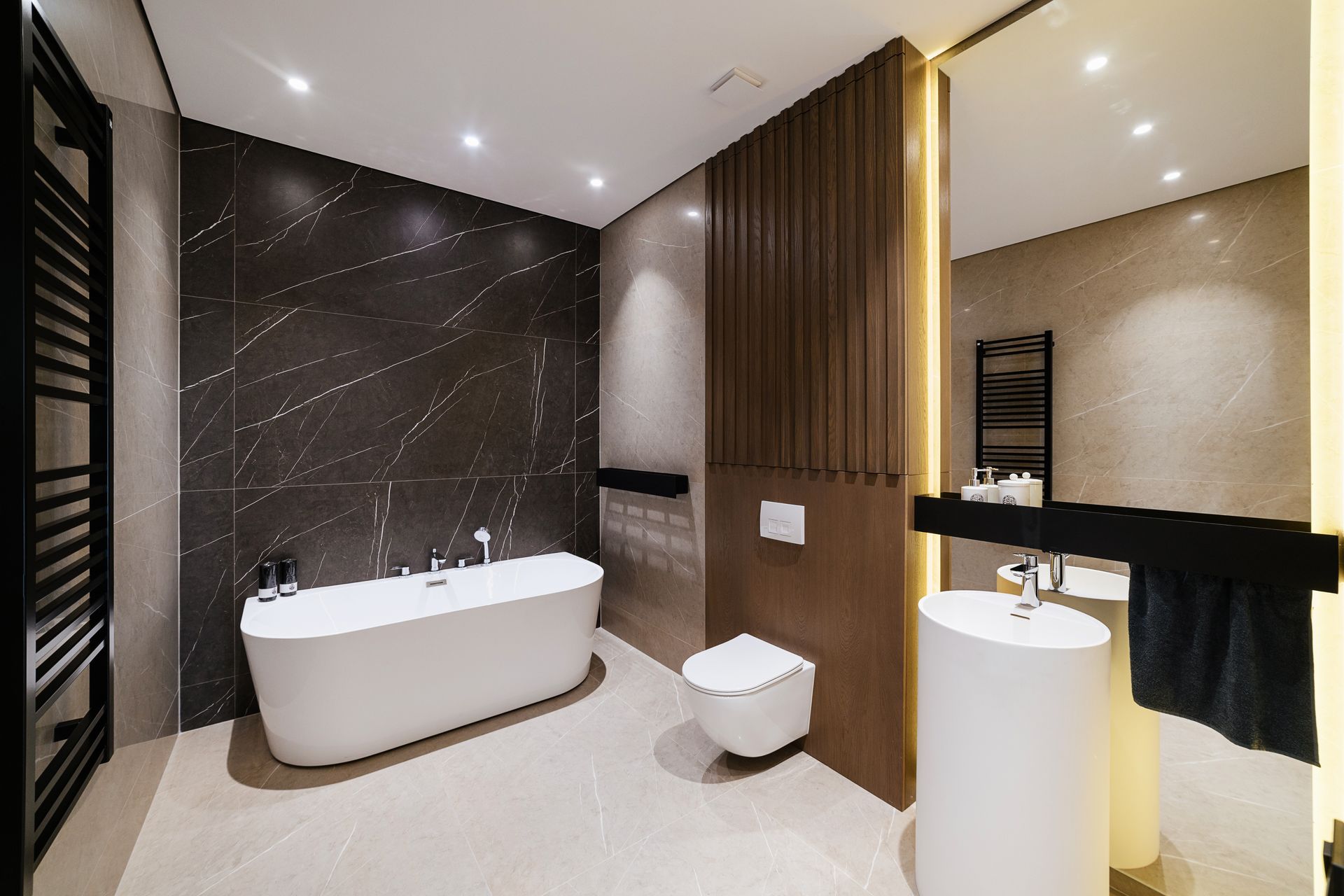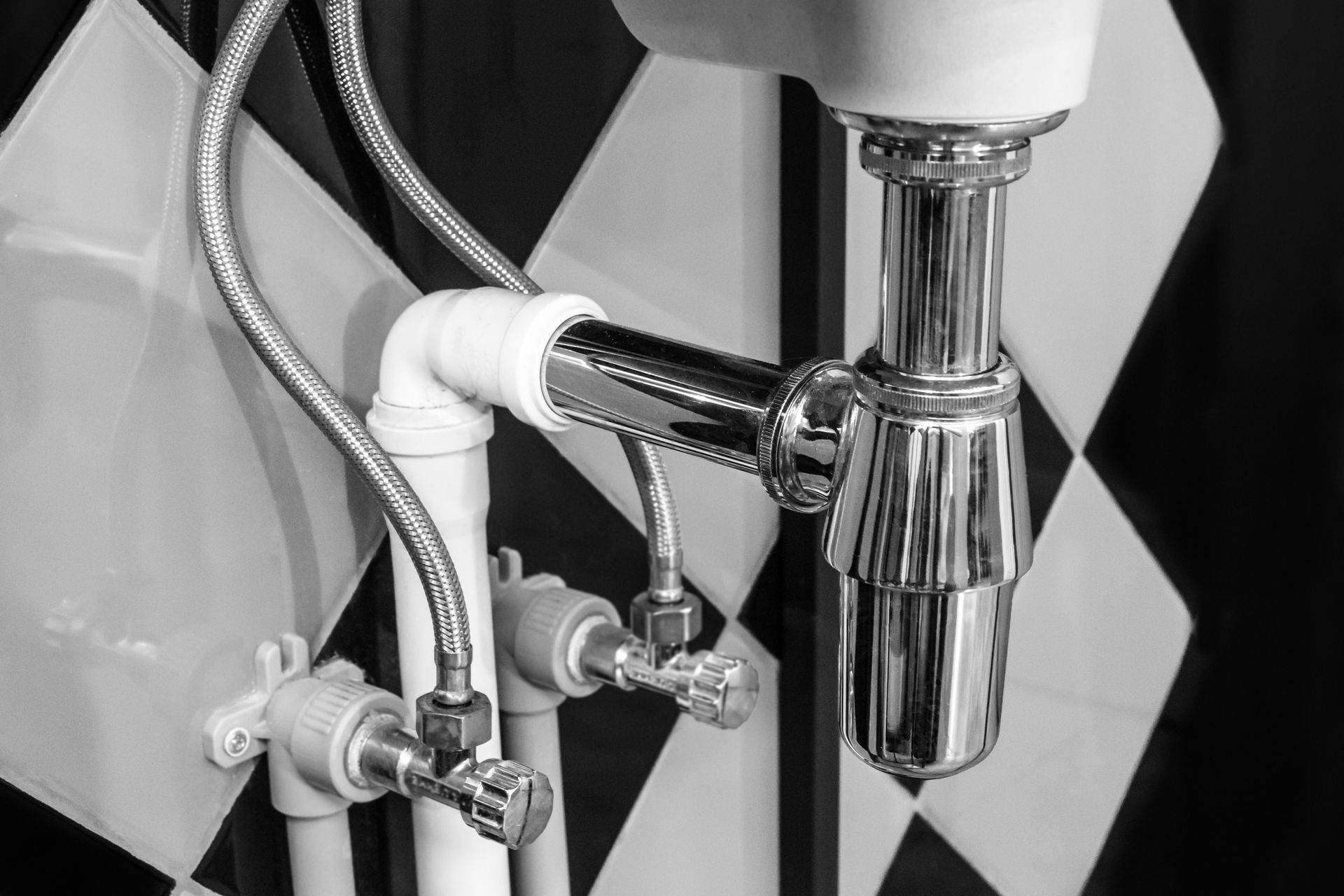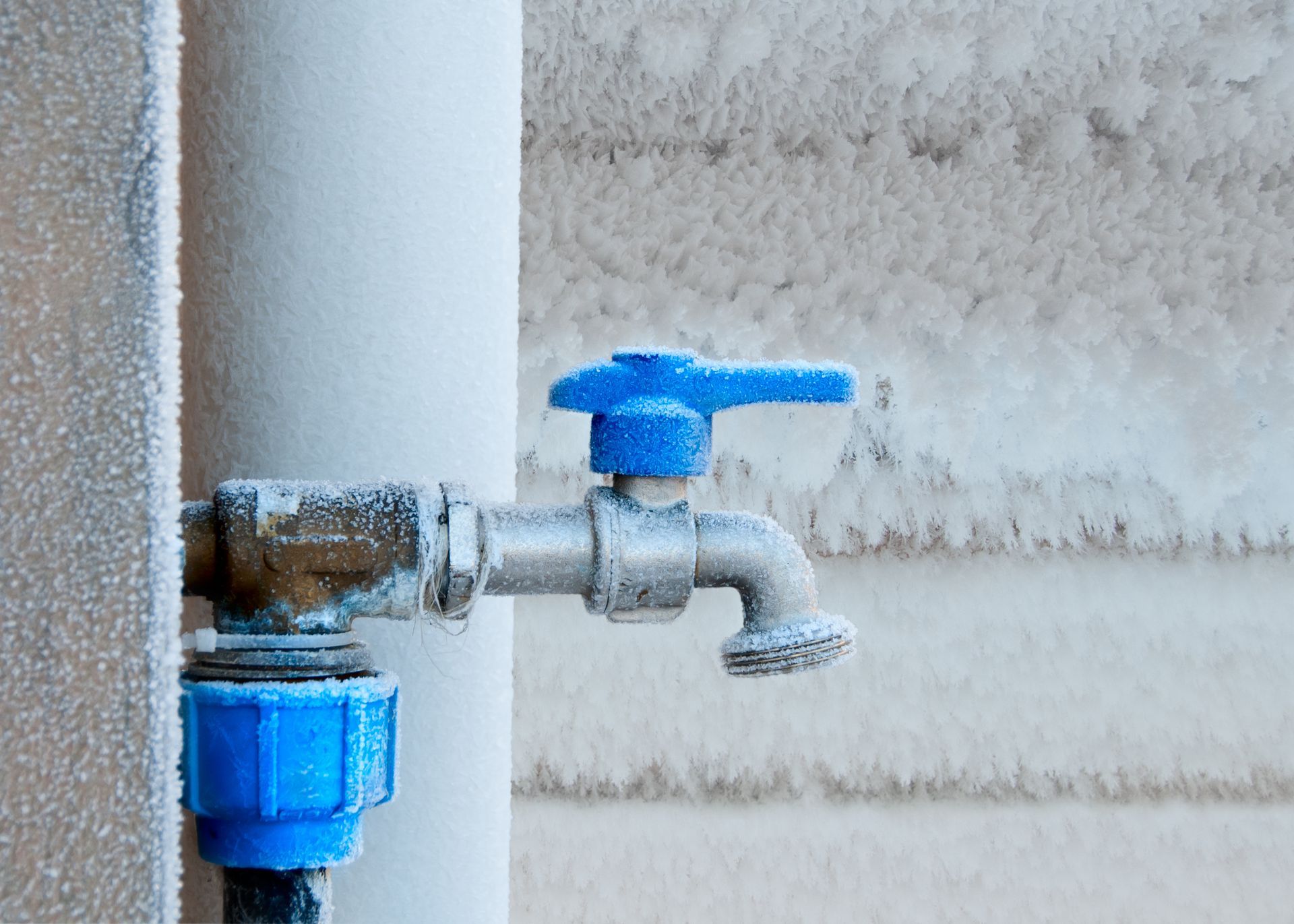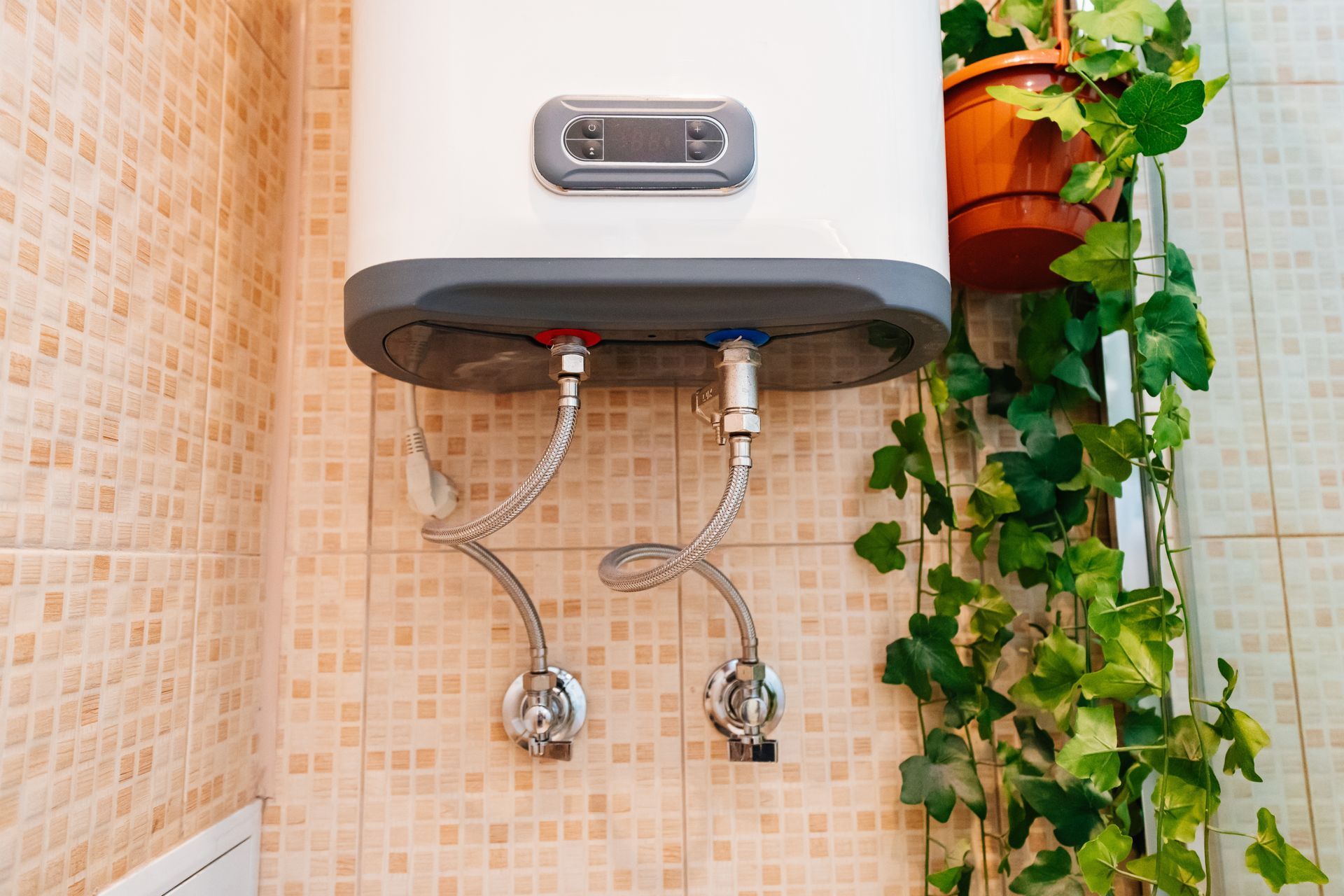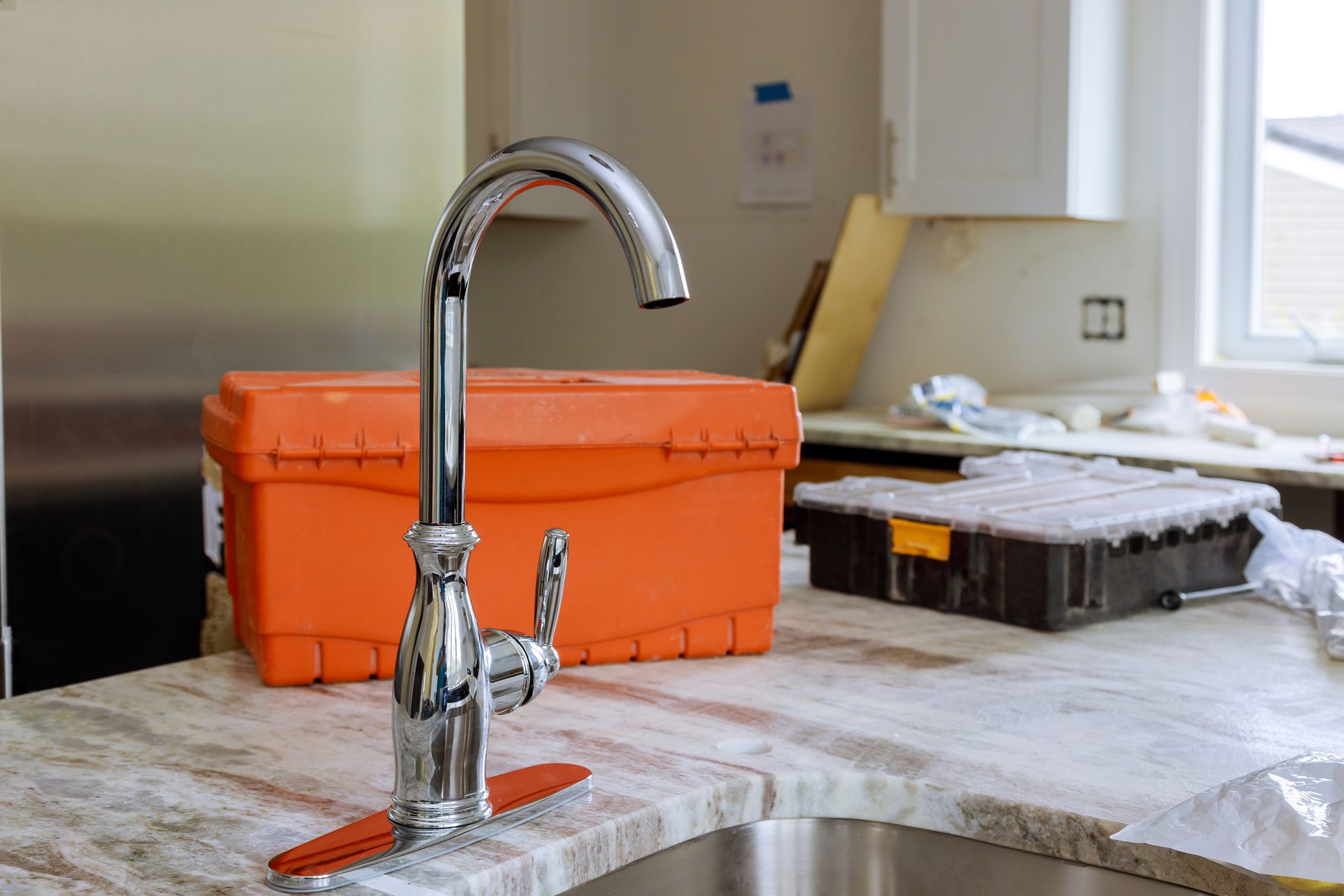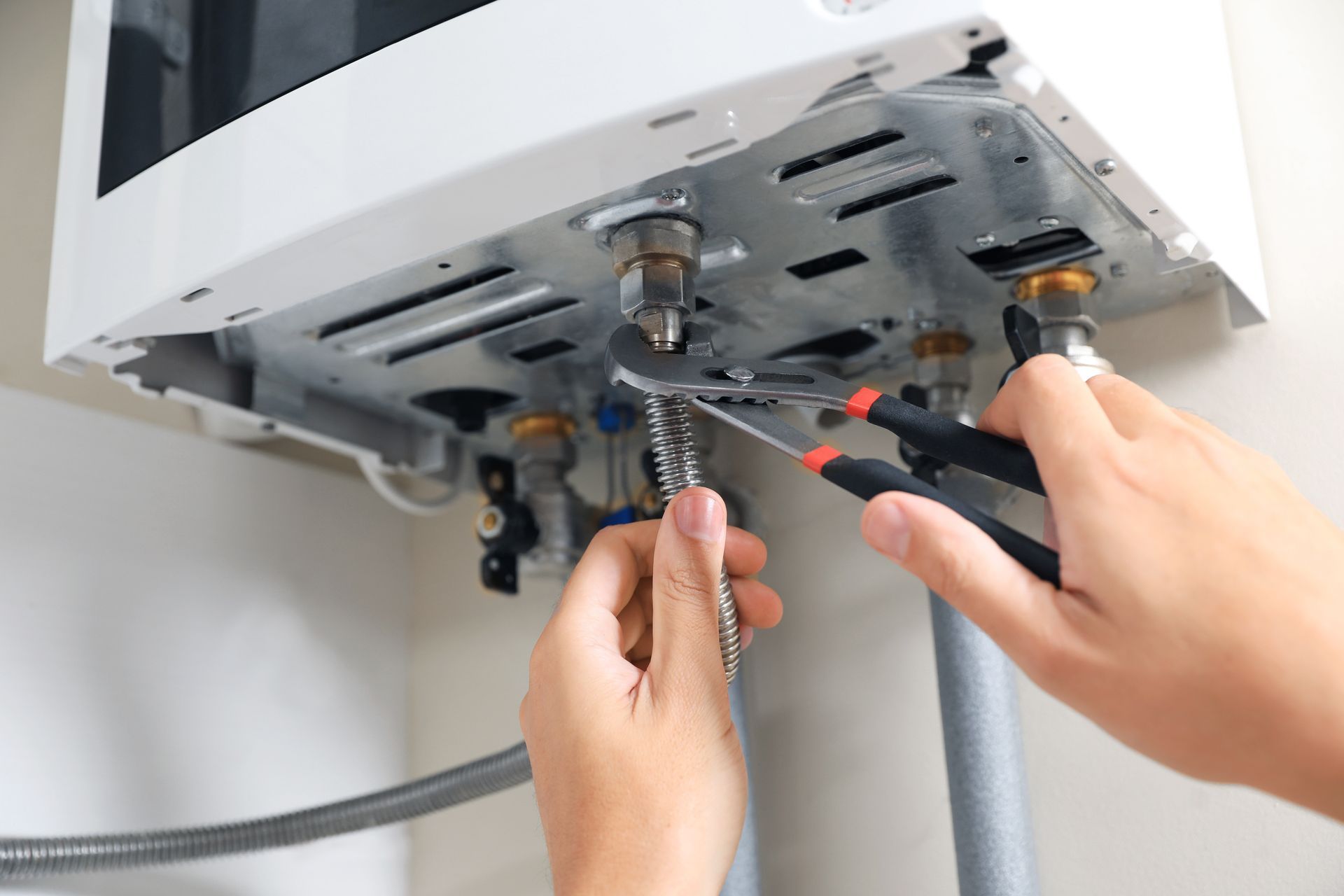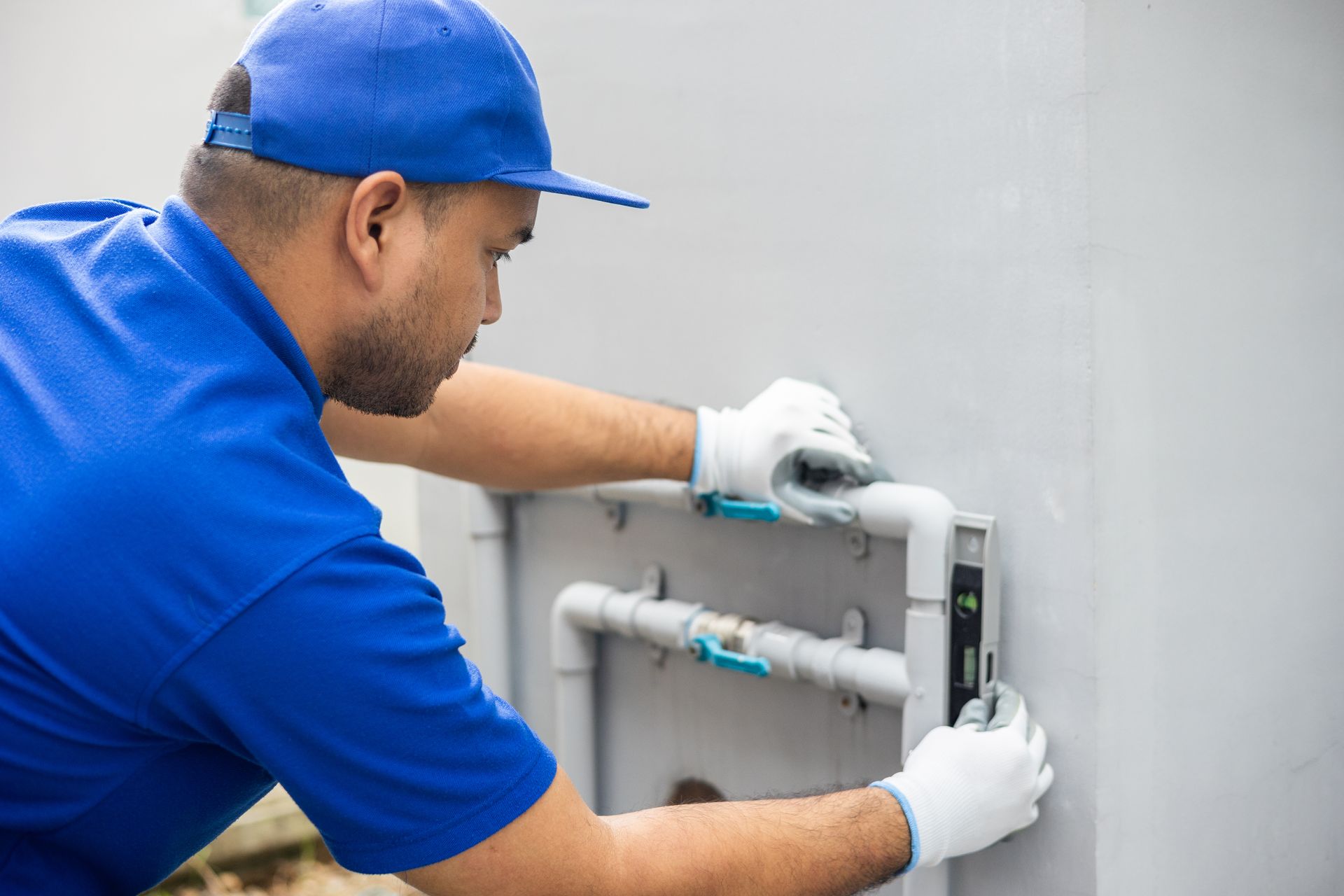Top Causes of Clogged Drains & How to Prevent Blockages
Clogged drains are one of the most common—and frustrating—plumbing issues faced by homeowners throughout Augusta, ME, and the surrounding areas. Whether you’re dealing with a slow-moving bathroom sink or a completely blocked kitchen drain, these problems can disrupt your day and even cause expensive water damage. At Garand Plumbing, we’ve helped countless residents in Augusta, Waterville, Lewiston, and beyond clear drain blockages and keep their plumbing systems flowing smoothly. Understanding the most frequent causes of clogged drains can help you prevent future headaches, save money, and protect your home.
Common Causes of Clogged Drains
1. Hair Buildup
In bathrooms, hair is one of the primary culprits behind clogged sinks, showers, and bathtub drains. When hair combines with soap residue, it can form stubborn tangles that block water flow. Over time, this buildup can become significant enough to require professional drain cleaning.
2. Grease and Food Waste
Your kitchen sink is especially susceptible to clogs caused by grease, oils, and food particles. Even if you use a garbage disposal, fats should never be poured down the drain, as they can solidify and adhere to the pipes. Starchy foods like rice, pasta, and potato peels can also expand in water and create blockages.
3. Soap Scum and Mineral Deposits
Soap scum forms when soap reacts with minerals in your water supply, slowly coating the inside of pipes. Hard water poses a particular challenge, as mineral deposits—like calcium and magnesium—build up over time, narrowing the pipes and making blockages more likely.
4. Non-Flushable Materials
Toilets are only designed to handle human waste and toilet paper. Flushing items like wipes, feminine products, cotton swabs, paper towels, and dental floss can quickly lead to sewer line clogs or backups, and even damage your plumbing system.
5. Tree Roots Infiltration
Outdoor drains and sewer lines are especially at risk if you have large trees on your property. Roots naturally seek out moisture and can penetrate small cracks in underground pipes, leading to blockages and even pipe bursts.
6. Foreign Objects
Accidents happen! Small toys, jewelry, or caps from bottle containers might fall into drains and cause unexpected blockages. These items often require specialized tools or professional help for removal.
7. Aging and Damaged Pipes
Older homes around Augusta, Waterville, and Winthrop often have outdated pipes susceptible to cracks, corrosion, or misalignments. Damaged sections can encourage more frequent clogs or allow other materials to enter your plumbing system.
Proven Tips to Prevent Blocked Drains
1. Use Drain Screens
Install mesh screens or guards over your drains to catch hair, food particles, and other debris before they enter your pipes. Clean these screens regularly for best results.
2. Dispose of Waste Properly
Never pour grease, coffee grounds, starchy foods, or oils down the drain. Instead, collect fat and oils in a separate container and dispose of them in the trash.
3. Run Hot Water
After using your kitchen sink, run hot water for a few seconds. This can help flush away any lingering residue and prevent grease from solidifying in the pipes.
4. Avoid Flushing Non-Flushables
Remind household members that wipes—even if labeled “flushable”—and other non-toilet-paper items belong in the trash, not the toilet.
5. Schedule Routine Maintenance
Consider professional drain cleaning and sewer inspections from a local plumber like Garand Plumbing. Annual or bi-annual checks using CCTV inspection can catch developing issues before they become major blockages. Hydro jetting can be particularly effective at keeping pipes clear.
6. Be Mindful of Landscaping
If you have large trees near your sewer lines, keep an eye out for slow drains or wet spots in your yard. Prompt attention and periodic inspections can prevent root-related sewer clogs.
7. Use Natural Cleaners
Once a month, pour a mixture of baking soda and vinegar down your drains. Allow it to bubble for about 15 minutes, then flush with hot water. This simple, eco-friendly method helps break down minor buildup.
Ready for Clear Drains? Call Augusta’s Trusted Experts!
Don’t let stubborn clogs disrupt your comfort or damage your home. Whether you’re dealing with a slow drain in Lewiston, a kitchen clog in Waterville, or persistent bathroom backups in Augusta, Garand Plumbing is here to help. Our team uses advanced drain cleaning, pipe snaking, and hydro jetting technology to tackle even the toughest blockages.
Want to keep your drains flowing freely year-round? Visit www.garandplumbing.com or call us today to schedule your plumbing inspection or drain cleaning service. Trust your local experts—serving Augusta, ME and all surrounding communities—for honest, reliable, and effective plumbing solutions. Say goodbye to clogs and hello to peace of mind!
